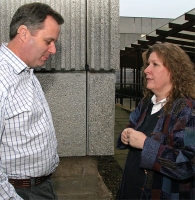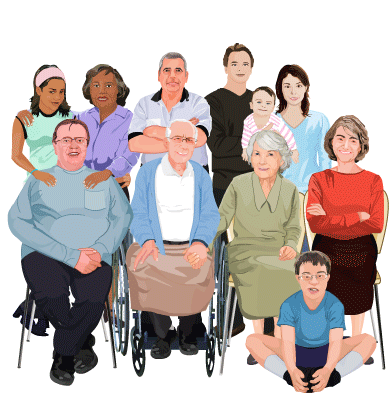Assessment course for GPs



This session describes the main tools used to assess trainee GPs and distinguishes between formative and summative forms of assessment. This session was reviewed by Suchita Shah and last updated in February 2015.
Learning Objectives
By the end of this session you will be able to:
- Distinguish between formative and summative assessment
- Explain the relevance of case-based discussion to assessing consultations
- Define the thirteen competences within the Consultation Observation Tool and state their relevance to assessing consultations
- State the relevance of the Consultation Observation Tool to assessing consultations
- Identify the elements within the Clinical Skills Assessment
- Describe the relevance of the Clinical skills Assessment to assessing consultations
Most of the tools described here have been designed to have both formative and summative components.
Before commencing this session you should:
- Have completed the preceding sessions in this module, in particular the activity in the session - Self Appraisal
Daryl Goodwin MA (Oxon) BM BCh FRCGP
Daryl Goodwin has been a GP since 1984 and seen many changes in working conditions, but realises that the core skill of consulting has remained central to delivering good general practice. He is still learning the art of the consultation and trying to bring concepts of cognitive behaviour therapy and neuro-linguistic programming into the consultation.
He has been an examiner for the RCGP since 1992 and has been involved in primary care research networks since 1998. Assessment of practices as well as individuals have been part of his role. He is an honary clinical lecturer for Birmingham University, a trainer and a lead Training Program Director in the West Midlands. Attending and taking part in conferences, mental health, respiratory diseases, musculoskeletal medicine and neurology are amongst his medical hobbies.
The Wand Medical Centre where he works hosted the recording of the video clips and his consulting room was tidied up for the purpose. He had to wait for the earlier modules to be completed as the modules he authored naturally come at the end of the process as well as being important for demonstrating completion of training.


- Self Appraisal course for GPs
- Posted By eIntegrity Healthcare e-Learning
- Posted Date: 2025-01-09
- Location:Online
- This session describes an approach to self-appraisal, and provides practical tips and guidance about...
- Telephone Consultations course for GPs
- Posted By eIntegrity Healthcare e-Learning
- Posted Date: 2025-01-09
- Location:Online
- This session explores the issues that may arise when a consultation is conducted over the telephone,...
- Difficult Consultations course for GPs
- Posted By eIntegrity Healthcare e-Learning
- Posted Date: 2025-01-09
- Location:Online
- This interactive session explores some of the difficulties associated with patients whose behaviour ...
- Balint's Ideas course for GPs
- Posted By eIntegrity Healthcare e-Learning
- Posted Date: 2025-01-09
- Location:Online
- This session introduces Michael Balint, outlines his principal ideas and describes his innovative us...
- Managing Your Emotions course for GPs
- Posted By eIntegrity Healthcare e-Learning
- Posted Date: 2025-01-09
- Location:Online
- This session explains the importance of doctors managing their own emotions in the consultation, and...







